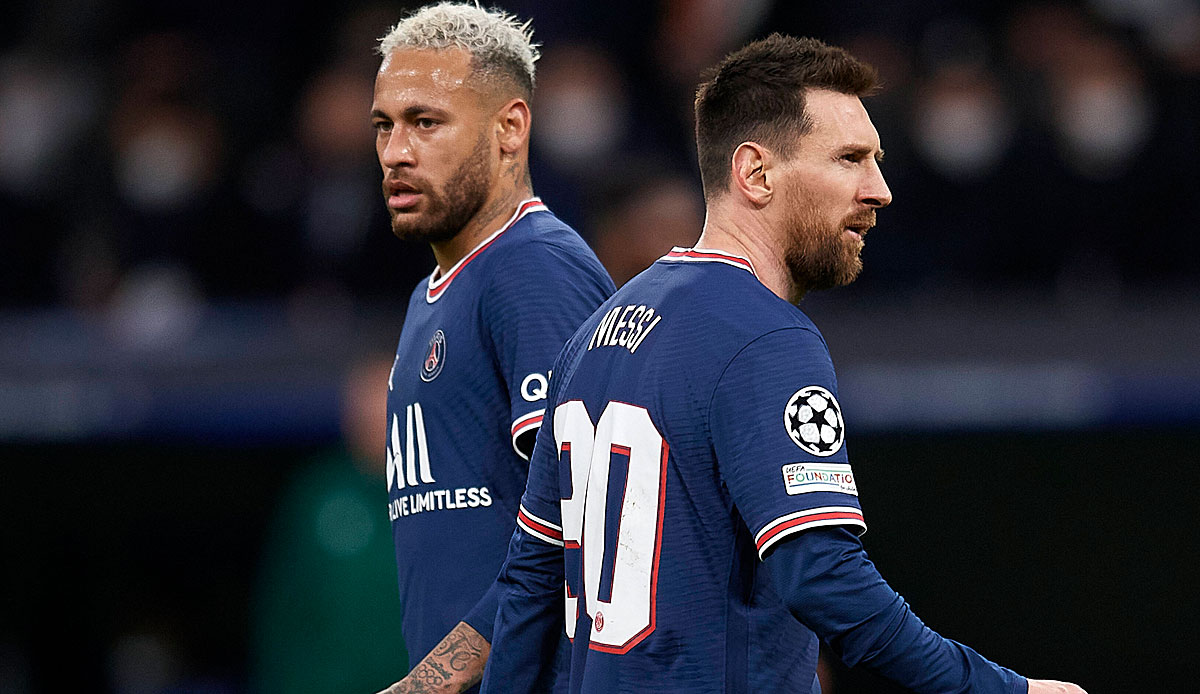For many sovereigntists and representatives of the European far right, Vladimir Putin’s Russia embodied a model, and its leader was presented as the symbol of another Europe. A Europe of Christian identity faced with the myth of “great replacement”. A Europe of national sovereignty facing the technocrats of Brussels. A Europe of conservative and virile values against hated societal advances. This imagination, largely fueled by financial relations between the Kremlin and the political formations in question, has been eclipsed for two weeks by the reality of Russian aggression against Ukraine, with its procession of destruction, and by fears of an extension of the conflict.
Faced with the general disapproval provoked by the war against Ukraine, Marine Le Pen (National Rally) and Eric Zemmour (Reconquest!), who are among the most fervent defenders of the Kremlin’s interests in France, have changed their discourse on Russia, at least in form. In Italy, Matteo Salvini (League), who flashily demonstrated his admiration for Vladimir Putin, also had to make an embarrassing about-face. Across Europe, other representatives of this ideological current oscillate between a position of balance and unreserved condemnations, when they have not chosen, more rarely, but more consistently, to persist in their support for Russia.
In the United Kingdom, Nigel Farage, the founder of the former far-right party Ukip, is trying to make people forget his past statements. “Putin is the leader I admire the most”, he had claimed, in 2014. Eight years later, the day of the Russian invasion of Ukraine, he backtracked: “I was wrong, Putin went much further than I thought. » In Central Europe, one of the most spectacular reversals is that of the sovereignist Czech president, Milos Zeman (Civil Rights Party). Known for his sympathy for Mr. Putin, he rocked from the first day of the intervention, affirming in a speech “that the madman must be isolated, not only by words, but also by concrete measures”.
“more neutral” position
In Belgium, the powerful Vlaams Belang (VB), long admiring the political project of the Russian leader, hesitated to turn his back on Russia, before passing a resolution condemning Moscow. The party is, however, split between supporters of Mr Putin and a more moderate younger generation. Similar divisions exist across the Rhine within the Alternative formation for Germany (AfD). After the offensive against Ukraine, the leaders of his parliamentary group condemned Russian aggression. And if they now try to advocate a position “more neutral” and to make people forget the recent visits of its leaders to Moscow, the leaders of the AfD must also take into account a radical fringe, aligned with the theses of the Russian nationalist ideologist Alexander Dougin.
You have 56.36% of this article left to read. The following is for subscribers only.
–


